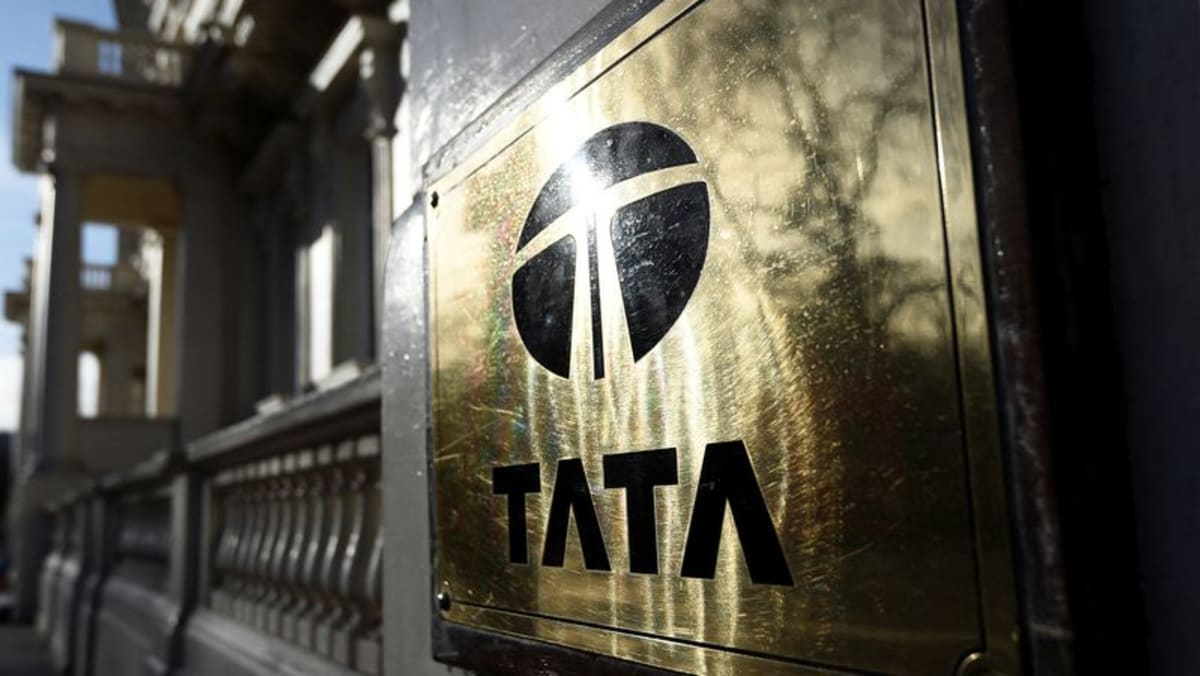Commentary: Sweden is ditching cash. Just wait for the fallout

WHAT’S THE FALLBACK WHEN TECH FAILS
Risks have emerged, though. One is digital exclusion. Homeless people may accept cards, but pensioners and refugees can be shut out by a cashless world. This goes hand-in-hand with the “computer says no” problem.
When today’s digital payments systems fail, they really fail – as Swish users discovered last year when the entire network went down. On a recent trip to Brussels, I visited a bar that took pride in its contactless, cashless system requiring customers to order drinks on their smartphones. But when a tech glitch hit, there was no fallback.
Vulnerability is another issue. We might feel safer with fewer banknotes in our pockets late at night, but crime has also gone digital and conjured up new types of fraud. Transaction data is increasingly in the hands of Big Tech conglomerates like Meta Platforms, which spooked global regulators when it tried to launch its own currency.
And in a world where hackers are sponsored by governments and cyberattacks can strike critical infrastructure, payments are a geopolitical risk. “If (Russian President Vladimir) Putin invades Gotland (Sweden’s largest island), it will be enough for him to turn off the payments system,” warned one pro-cash campaigner in 2018.
One answer may be to fight to protect cash rather than replace it, as powerfully argued in Cloud Money by author Brett Scott. But this is no panacea: Our march towards cashless payments isn’t going to suddenly stop.
Private companies want it too much, and consumers can’t do much about it – “convenience is something that is damn hard to legislate against”, says Copenhagen Business School’s Hedman.
Source: CNA















